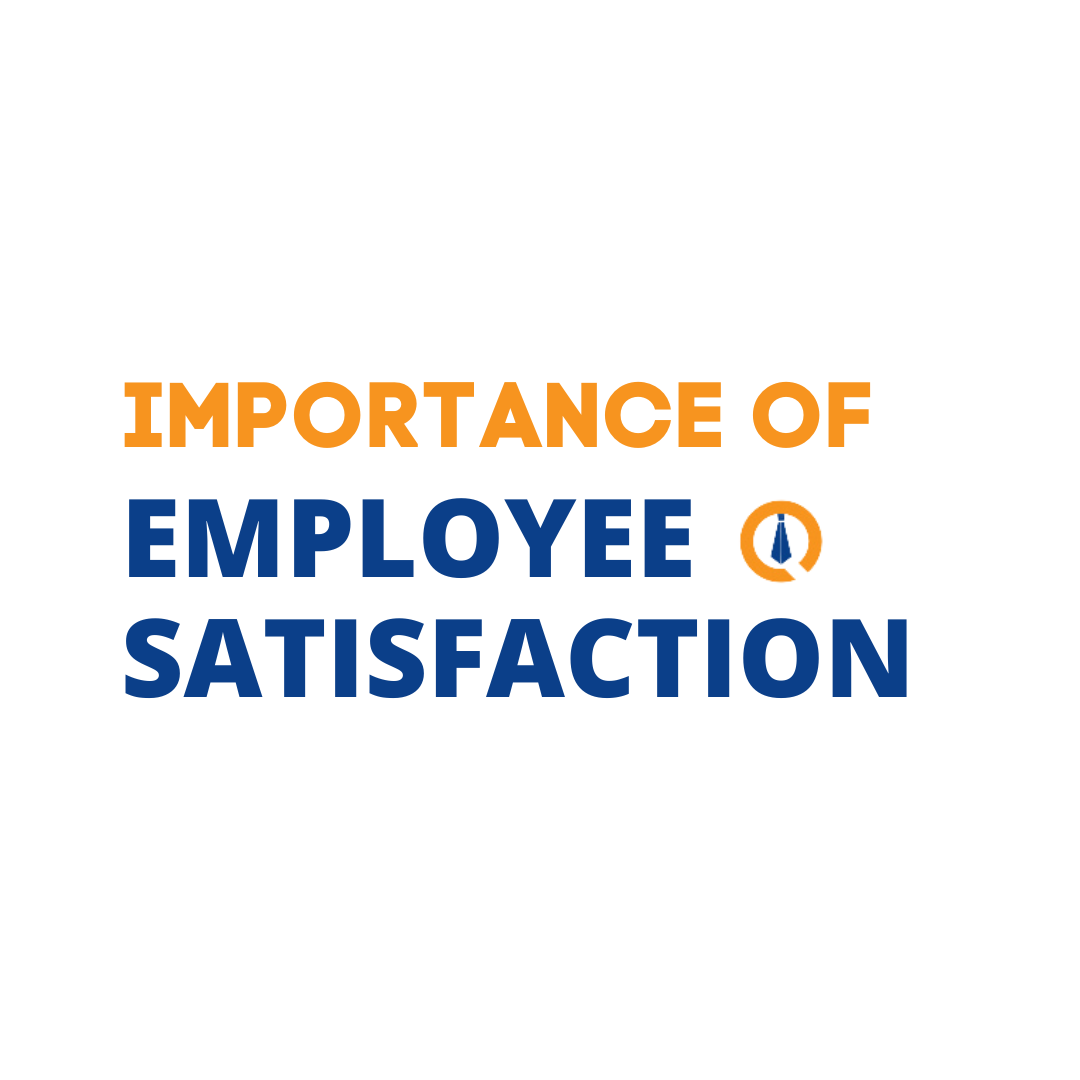







When an individual puts effort into a task and achieves success, it is a rewarding feeling. However, when the success is acknowledged by others, the feeling can be even more powerful.
Celebrating accomplishments is an important tool to boost employee morale and performance. If a person is rewarded for their hard work, it can make them feel more connected to the organisation, increase their productivity, and make them more likely to stay.
Employees are increasingly prioritising the company culture when looking for a job in the United States. Therefore, employers need to take extra steps to make sure their workplace is favourable and attractive to potential new hires and to retain them for the long term.
Here’s a blog by one of our recruitment experts that explains why company culture is important and provides tips on how to give recognition that will have a positive impact on employee engagement, performance, and retention.
As companies grow, it can be difficult to find the best possible employees to fill the roles. To draw in the best people, businesses must think about different types of working arrangements such as having staff onsite, partially remote, or fully remote, as well as offering attractive benefits like flexible hours and vacation time.
Although attractive compensation is important, it's not always enough to make people willing to sacrifice other needs. By providing a positive work culture, companies can secure employee satisfaction and loyalty.
A strong company culture is attractive to potential employees and can help retain existing employees. In a competitive job market, a positive company culture can be a key factor in attracting top talent.
A positive company culture can lead to higher levels of productivity and performance among employees. When employees feel valued, supported, and engaged, they are more likely to work hard and be productive.
A company's culture can impact its reputation and branding. A positive culture can help build a positive reputation for the company and attract customers who align with the company's values.
A positive culture can contribute to employee well-being, both physically and mentally. When employees feel valued and supported, they are more likely to be satisfied with their jobs and experience less stress and burnout.
A company's culture can impact its legal and ethical obligations. A culture that prioritizes ethical behavior and compliance with laws and regulations can help a company avoid legal and reputational risks.
A positive company culture contributes to happy employees, but there are other factors. Here are a few additional ways to ensure a satisfied workforce.
When giving recognition, be specific about what the employee did well. Instead of simply saying "good job", highlight the specific actions or behaviors that contributed to their success.
Don't wait too long to give recognition. The closer to the event, the better. This way, the employee will feel that their efforts are being noticed and appreciated in real-time.
Everyone has different needs and motivations, so make sure to tailor your recognition to the individual. Try to understand what matters most to them, and use that information to make your recognition more meaningful.
Recognition doesn't always have to be private. Consider publicly acknowledging employees' achievements, such as in a team meeting or company-wide email. This can help to build a positive culture of recognition and support.
Consider giving a tangible reward, such as a gift card, bonus, or other incentive. This not only shows appreciation, but also helps to reinforce the behavior you want to encourage.
Don't just rely on managers to give recognition. Encourage employees to recognize each other for their contributions. This helps to build a positive team culture and reinforces the importance of collaboration and teamwork.
By following these tips, you can give recognition that will have a positive impact on employee engagement and help to create a more motivated and productive workforce.
Bottom Line
In all, a positive company culture and employee satisfaction are critical for a successful and sustainable organization. It leads to better employee retention, improved productivity, better customer service, innovation, and a positive reputation.
Visit our website or email us at info@recruitometry.com to know more about the key facets that reduce employee turnover.
Back